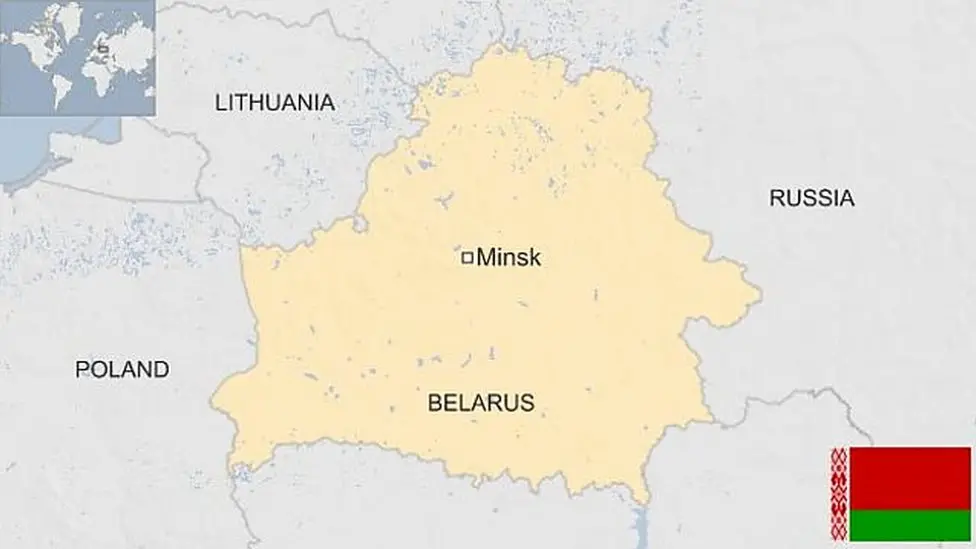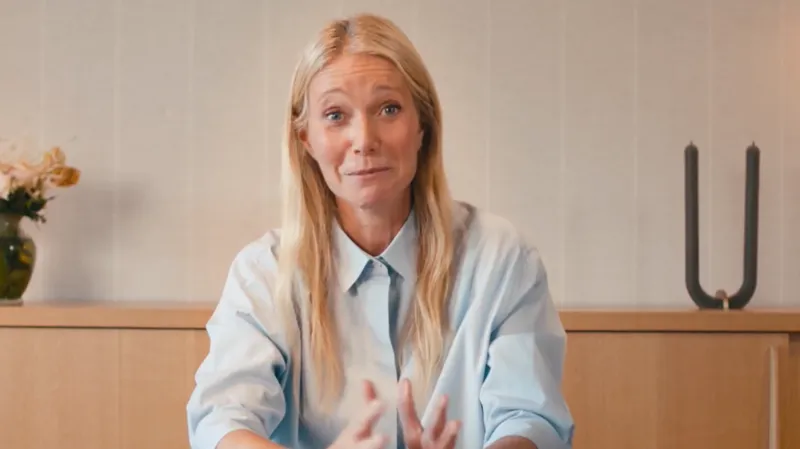Belarus country profile
The present borders of Belarus were established during the turmoil of the World War Two.

The former Soviet republic was occupied by the Nazis between 1941 and 1944, when it lost 2.2 million people, including almost all of its large Jewish population.
Belarus has been ruled with an iron fist since 1994 by President Alexander Lukashenko. Opposition figures are subjected to harsh penalties for organising protests.
In the Soviet post-war years, Belarus became one of the most prosperous parts of the USSR, but with independence came economic decline.
President Lukashenko has steadfastly opposed the privatisation of state enterprises, and the country is heavily dependent on Russia for its energy supplies.
Poland and Lithuania do not recognize Lukashenko as the legitimate president of Belarus, and Lithuania hosts the main opposition candidate Sviatlana Tsikhanouskaya and other members of the Belarusian opposition in Vilnius.
Read more country profiles, external - Profiles by BBC Monitoring, external
REPUBLIC OF BELARUS: FACTS
- Capital: Minsk
- Area: 207,595 sq km
- Population: 9.4 million
- Languages: Belarusian, Russian
- Life expectancy: 69 years (men) 79 years (women)
LEADERS
President: Alexander Lukashenko
Alexander Lukashenko, often referred to as Europe's last dictator, has repeatedly been re-elected as leader in contests that opposition candidates and foreign observers have labelled as unfair and undemocratic.
A former state farm director, Mr Lukashenko was first elected president in 1994, following his energetic performance as chairman of the parliamentary anti-corruption committee.
He has managed a balancing act between Russia, his closest economic and political partner, and overtures to the West, while maintaining authoritarian rule at home.
The EU, UK, USA and Canada have all imposed sanctions against Belarus because of political oppression, and further sanctions were imposed in 2022 following the country's role in the invasion of Ukraine.
In January 2025, Lukashenko won a seventh consecutive presidential term. The opposition ignored the vote as its leaders and activists are either jailed or exiled, and no dissent is tolerated inside the country.
MEDIA
Belarus has been heavily criticised by rights bodies for suppressing free speech, muzzling the press and denying the opposition access to state media.
TV is the main news source. National channels are state-controlled. Their main competitors are Russian networks.
The internet is used by the opposition to make its voice heard. The government has sought to increase its online controls.
TIMELINE
Key dates in the history of Belarus:
1918 - Towards the end of World War One, Belarus proclaims its independence as the Belarusian National Republic.
1919 - The Russian Red Army conquers Belarus, and establishes communist rule.
1921 - The Treaty of Riga divides Belarus between Poland and Soviet Russia.
1930s - Belarus suffers heavily from the purges of intellectuals and political opponents ordered by Soviet dictator Joseph Stalin. More than 100,000 people are executed in Belarus, and thousands more sent to labour camps.
1941 - Nazi Germany invades during the course of World War Two. More than one million people are killed during the occupation, including most of the large Jewish population.
1944 - The Soviet Red Army drives the Germans out of Belarus.
1960s - A policy of Russification relegates the Belarusian language and culture to second-class status.
1986 - Belarus is heavily affected by the fall-out from the nuclear explosion at Chernobyl in neighbouring Ukraine. Around 20% of agricultural land is contaminated and rendered unusable.
1988 - The Belarusian Popular Front formed as part of nationalist revival prompted by Soviet leader Mikhail Gorbachev's political liberalisation.
1990 - Belarusian becomes the official state language.
1991 - Belarus declares its independence as the Soviet Union breaks up.
1994 - Alexander Lukashenko wins the first presidential election on a campaign of fighting corruption and re-establishing close ties with Russia.
1995 - Friendship and cooperation pact signed with Russia, and referendums restore Russian as co-official language and boost the president's powers.
2001 - Lukashenko re-elected president in election that opposition and Western observers say is undemocratic.
2004 - Referendum backs change allowing president to serve more than previous limit of two terms. Opposition fail to win any seat in parliamentary elections. Western observers say vote is not free. Demonstrators clash with police and dozens are arrested.
2004 - EU extends travel restrictions on senior officials. US imposes sanctions.
2006 - Lukashenko wins third election, condemned as unfair by West. EU imposes visa ban on Lukashenko and numerous ministers and officials.
Defeated presidential candidate Alyaksandr Kazulin convicted of hooliganism and incitement to mass disorder and is jailed for five and a half years.
2008 - Kazulin and two other dissidents freed from prison. EU lifts its travel ban on Lukashenko in a bid to encourage democratic reform, a month after US does the same.
2010 - Lukashenko wins fourth presidential term amid allegations of vote rigging. Mass protests in Minsk are broken up by force, with 600 arrests.
2011 - EU reinstates a travel ban on Lukashenko and freezes his assets, US imposes stricter financial controls and widens its travel bans on senior officials.
Explosion at a Minsk metro station kills 15. Lukashenko alleges a plot by "fifth columnists" to destabilize the country. Two suspects are executed.
Opposition leader Andrey Sannikau jailed for five years for organising protests over the presidential elections.
2012 - Opposition activists Andrei Sannikau and Zmitser Bandarenka are released from prison early, but others remain in jail.
2014 - Belarus asks Russia to deploy extra military aircraft to its territory after Nato boosts its forces in the Baltic amid increasing tension over Russia's annexation of Crimea.
2015 - Lukashenko wins fifth presidential term.
2020 - Mass protests after Lukshenko wins sixth presidential term, as opposition says the election was rigged.
2022 - Belarus allows its territory to be used by Russia's army to launch attacks into northern Ukraine as part of Russia's invasion of Ukraine.
2025 - Lukashenko wins seventh presidential term against only nominal opposition.
-BBC






